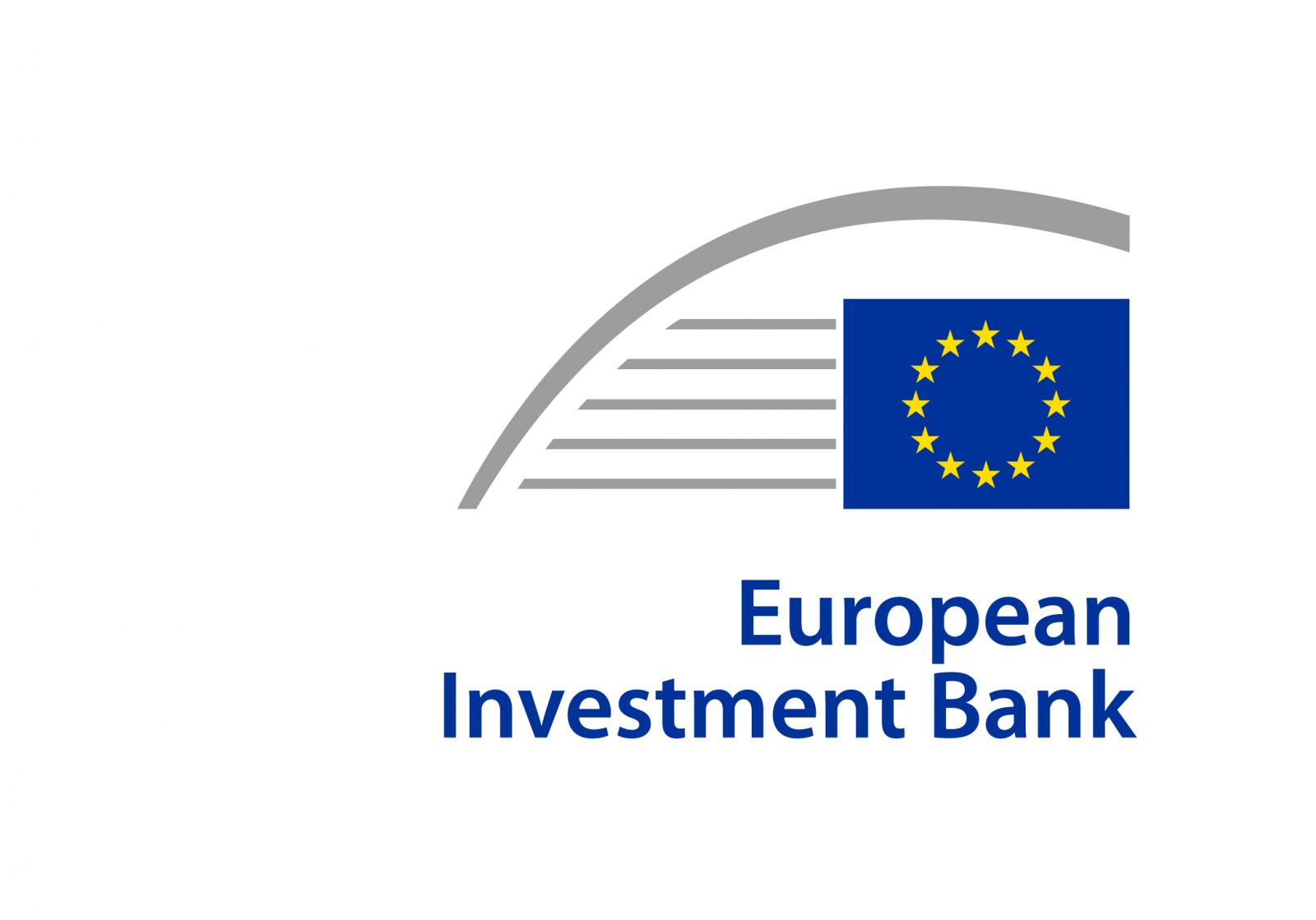
Investments by the branch of the European Investment Bank – EIB Global – in the Western Balkans amounted to EUR 824 million in 2022, along with EUR 11.2 million in grants to launch sustainable projects for urban development, energy efficiency and renewable energy sources, the EIB announced today at an online press conference.
Those funds, the EIB expects, will mobilise almost EUR 3.5 billion for new investments within the framework of the implementation of the EU Economic and Investment Plan for the region.
EIB Global (the branch of the EIB for investments outside the EU) has invested EUR 824 million in the Western Balkans with the aim of accelerating sustainable connectivity, environmental protection, green transition, digitisation and private sector growth.
Most of the new investments relate to sustainable, safe and efficient transport – rail and water transport projects, which accounted for 75 per cent of last year’s total lending, followed by investments in small and medium-sized enterprises (SMEs), environmental protection and digitisation.
The EU Bank has also developed innovative financial instruments, including combining loans, guarantees, advisory services and grants, under the European Fund for Sustainable Development Plus (EFSD+), to support investments by municipalities, electricity producers, SMEs and local banks in energy, connectivity and the digital sector.
The impact of our financing in the region reflects the commitment and perseverance of the EIB Group in supporting the WB for more than 45 years.
In the past few years, Europe has faced interwoven crises that have caused major socio-economic disruptions. At the same time, they accelerated the green and digital transition.
“As a result, the EIB has become an instrument of countercyclical economic policy under the Team Europe initiative to help local economies recover faster and adapt the infrastructure to solve the critical challenges that lie ahead”, said the EIB Vice-President in charge of the WB, Liljana Pavlova.
As stated, EIB Global has invested EUR 2.5 billion in the WB since 2020, providing direct and concrete support to countries, helping the long-term transition to a climate-neutral, energy-secure and inclusive economy, while simultaneously addressing the immediate consequences of the crisis.
“Now, we plan to expand our involvement in the energy sector by contributing to the EUR 1 billion EU energy support package adopted in December 2022, renewable energy projects, construction and modernisation of the energy network and storage facilities”, she said.
EIB has allocated more than 80 per cent of the contracted EUR 824 million in 2022 for environmentally sustainable projects.
Among other things, the loan funds will enable the construction of the railway section Belgrade – Niš on Corridor 10 in Serbia, as well as its reconstruction on the territory of Kosovo and Metohija and further improvement of ports and infrastructure of waterways along the Sava and Danube rivers.
In North Macedonia, EIB Global will provide financing for water supply, wastewater and flood protection infrastructure in 80 municipalities.
In order to speed up digitisation, additional funds were allocated for the "Connected Schools" project in Serbia.
The EIB also provided EUR 11.2 million in grants for the preparation and implementation of new projects.
EIB Global’s technical assistance will enable the construction of a 50 MW wind power plant in the Travnik region in BiH, accelerating the transition to renewable and safe energy resources.
In Albania, the EIB is working on a social housing project in the capital of that country, as well as on the development of investment plans for the areas of Shkodër and Lješ, with the aim of helping better connectivity, improving the quality of the environment and the tourist offer.
In cooperation with national development institutions and commercial banks, the EIB provided EUR 150 million in the form of credit lines for SMEs to help them maintain liquidity and implement investment plans during the transformation to a more climate-neutral, inclusive and digital model.
This year saw the official launch of a social impact credit line that encourages women’s entrepreneurship and inclusive employment opportunities across the region.
The funds from this loan are intended for companies that plan to employ people from vulnerable social groups long term.
The European Investment Fund, as part of the EIB Group, launched the SME Resilience Guarantee Line within the WBEDIF programme, financed with EUR 60 million, to enable access to financing under favourable conditions for about 4,000 small businesses in the region.
It is expected that this guarantee will launch a portfolio worth about seven times the allocated funds, about EUR 400 million, and provide considerable support to local firms in accessing loans, increasing their resilience and strengthening their capacities, while at the same time progressing towards a low-carbon economy.
In the Western Balkans, from 2009 to 2022, the EIB financed projects in the region in the amount of EUR 10.3 billion.
Source: Tanjug






